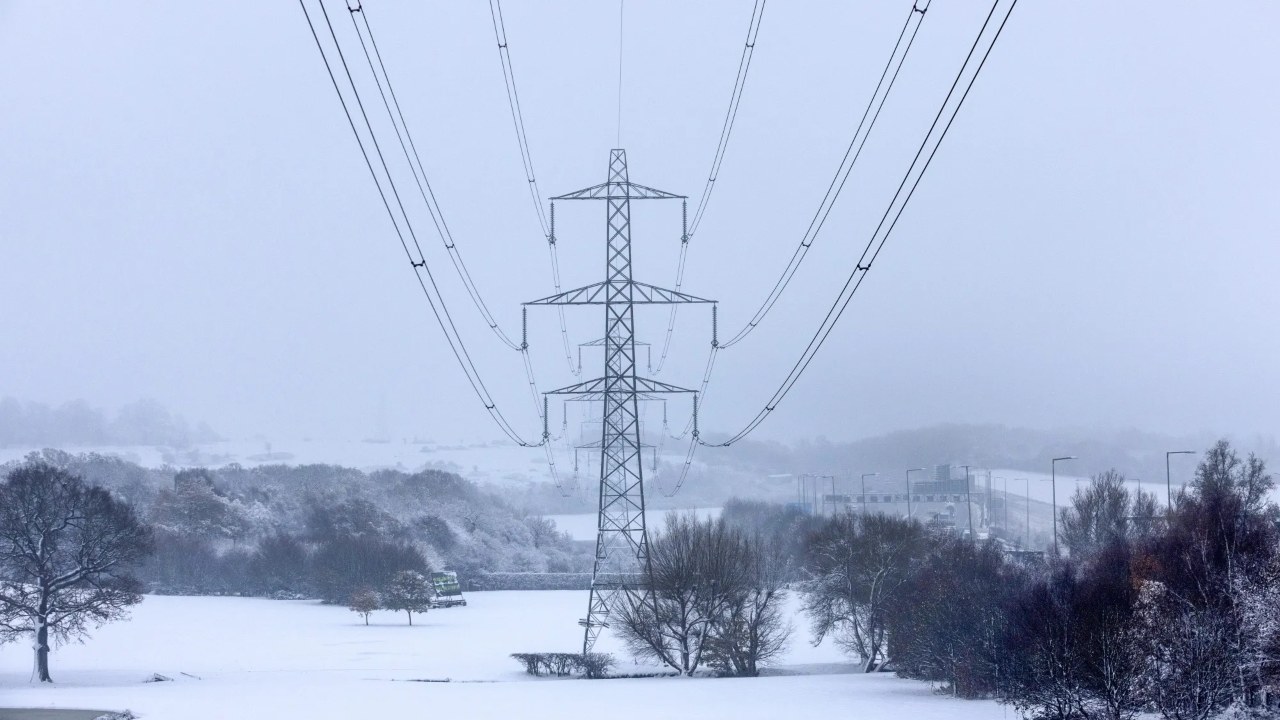UK Energy Bills Set to Rise: Energy experts are issuing a sharp warning: While prices fell in July, a “minor” increase could send your bill skyrocketing during the colder months. This is because the increase is occurring precisely at the time when heating and hot water consumption are highest.
An analyst explained, “It’s not just about the unit rate, but about the time you use it. Even a small increase, when consumption peaks, can lead to a large, unexpected jump in your monthly costs. Your next bill could be much higher than you expected.”
Price Cap Changes: July vs. October
Official figures show that in the July 2025 price cap, the average consumer is paying 25.73 pence per kilowatt hour (kWh) for electricity and 6.33 pence for gas. This adds up to a daily fixed charge of 51.37 pence for electricity and 29.82 pence for gas.
However, from October 1, 2025, these rates will change. The new October price range will increase electricity rates to 26.35p per kWh, while gas rates will decrease slightly to 6.29p. Worryingly, daily fixed charges will also increase significantly—53.68p per day for electricity and 34.03p per day for gas. These small changes could accumulate throughout the winter season.
Forecast for the Future: More Fluctuations to Come
Accurately predicting energy price ranges for 2025 remains a complex task. The wholesale market is still highly unpredictable, influenced by global events. Major providers like British Gas constantly monitor changing conditions and update their forecasts every few weeks.
Current forecasts indicate a rollercoaster ride. The annual cost is projected to peak at £1,849 in April 2025, then fall to £1,720 in July and rise again to £1,755 in October. This highlights how important it is for consumers to remain vigilant and informed.
A golden opportunity to act now
Here’s the good news. Amidst this uncertainty, a significant opportunity lies. Special deals exist on the market that can allow consumers to make substantial savings of up to £250 annually by switching from a standard variable tariff.
Experts advise, “If you have the option to switch from a standard tariff and break free from price cap restrictions, now is the right time to act. Switching before the cold weather sets in and prices change may be the wisest move.”
